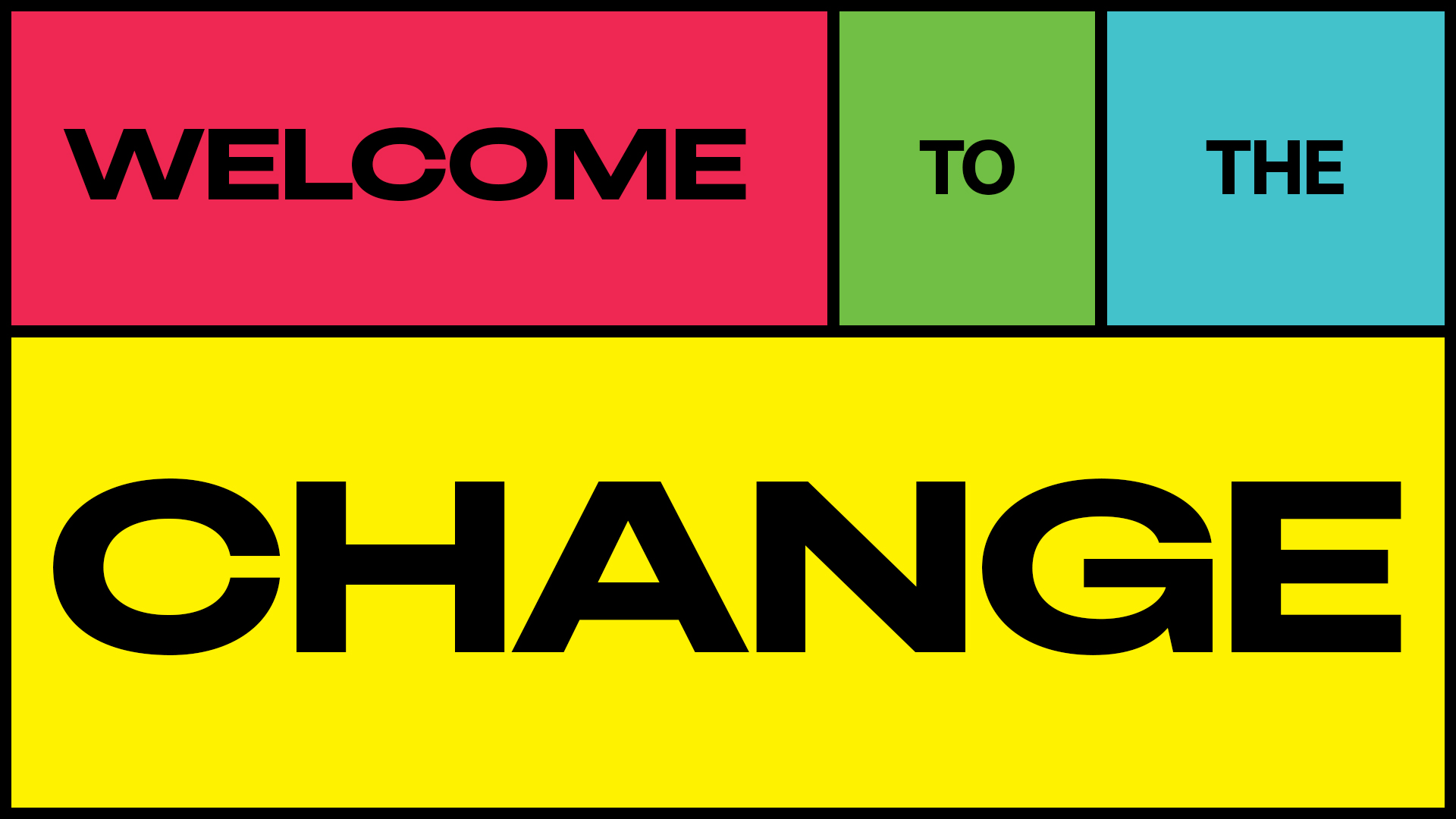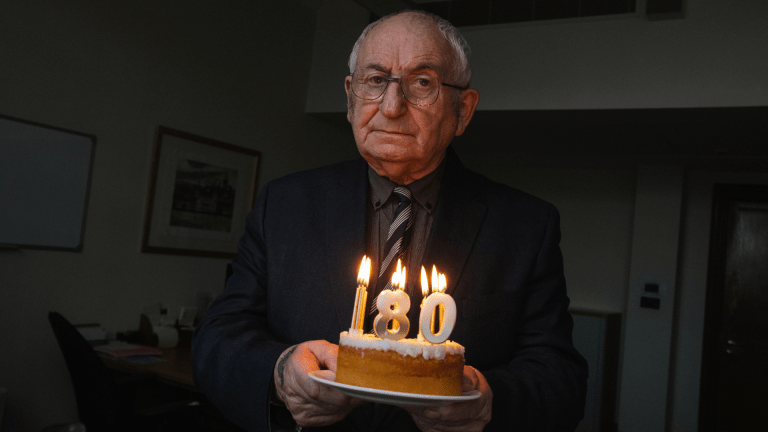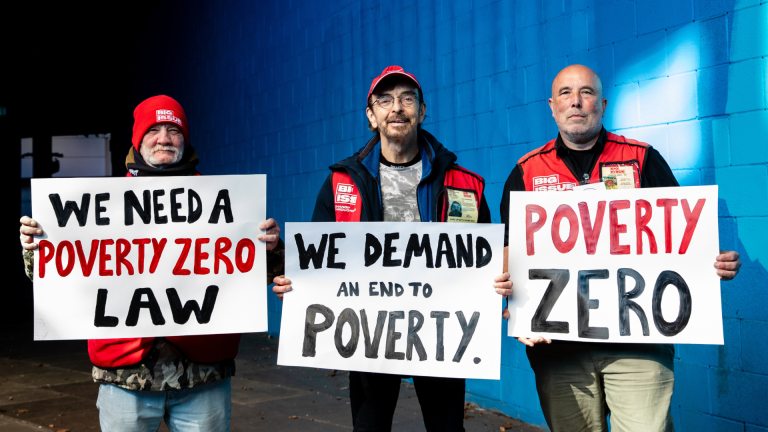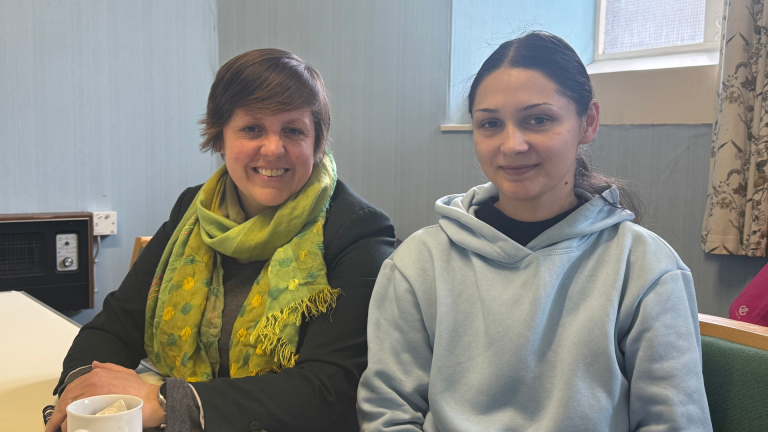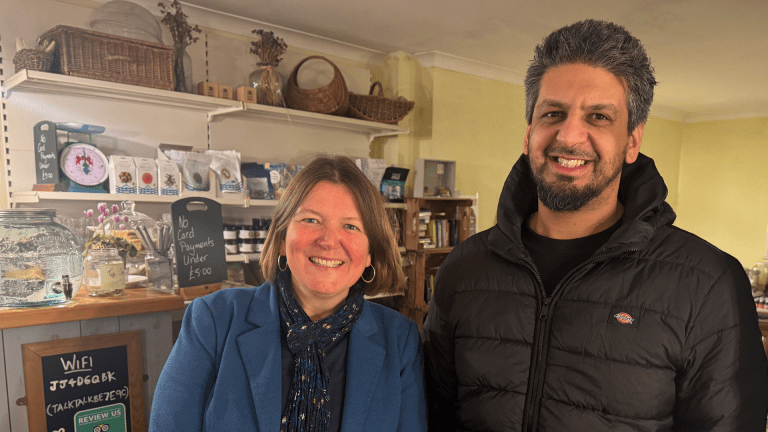For 33 years the Big Issue Group has worked to create opportunities for people affected by poverty across the UK. We have been both safety net and a vital platform for those on the margins of society as they rebuild their lives. Over time, we have also grown to invest in other organisations committed to ending poverty.
But it’s become increasingly clear that we need to do more.
In Britain today one in five people are living in poverty and a staggering 3.8 million people live in extreme poverty and struggle to feed, clothe, and keep themselves warm. This number is rising – destitution has more than doubled in the last seven years. Poverty is out of control, and governments have failed to act swiftly enough. This is a crisis affecting our neighbours, friends, and family members. We refuse to accept this.
To get to grips with the mood of the nation, particularly following the summer of riots right in the heart of our communities, we teamed up with YouGov to commission new research and get a clear picture of where the nation sits. Over half of UK adults polled said they thought the government wasn’t doing enough for people in poverty. That’s a high level of disgruntlement.
More telling was the finding that 69% of respondents felt that local issues can be best addressed when individuals and organisations work together to address them. It’s increasingly clear that top-down solutions are unlikely to come. Dark warnings from Keir Starmer about fiscal black holes mean there will be less national investment. As things progress, a devolution of control to local areas is more and more likely.
And so, Big Issue Group plans for the future coalesced around one clear realisation – it is within the communities and grassroots that the future will be built. There can be no reliance on top-down governmental organisations, but rather local people, businesses and organisations, uniting to create solutions with collective action, that will offer hope of reversing the poverty crisis and building foundational change. And then build pressure on governments to properly act rather than provide sticking plaster short-term solutions.
